
Filter News
Area of Research
- Advanced Manufacturing (2)
- Biology and Environment (25)
- Computer Science (1)
- Electricity and Smart Grid (1)
- Energy Science (29)
- Functional Materials for Energy (1)
- Fusion and Fission (2)
- Isotopes (1)
- Materials (16)
- Materials for Computing (3)
- National Security (14)
- Neutron Science (4)
- Supercomputing (19)
News Topics
- (-) 3-D Printing/Advanced Manufacturing (13)
- (-) Advanced Reactors (4)
- (-) Artificial Intelligence (15)
- (-) Bioenergy (21)
- (-) Clean Water (5)
- (-) Computer Science (26)
- (-) Grid (13)
- (-) Security (4)
- (-) Transportation (12)
- Big Data (11)
- Biology (30)
- Biomedical (6)
- Biotechnology (3)
- Buildings (16)
- Chemical Sciences (15)
- Composites (4)
- Coronavirus (9)
- Critical Materials (4)
- Cybersecurity (9)
- Element Discovery (1)
- Energy Storage (26)
- Environment (40)
- Exascale Computing (9)
- Fossil Energy (1)
- Frontier (10)
- Fusion (8)
- High-Performance Computing (16)
- Hydropower (8)
- Irradiation (1)
- Isotopes (4)
- ITER (2)
- Machine Learning (10)
- Materials (37)
- Materials Science (18)
- Mercury (2)
- Microscopy (14)
- Nanotechnology (9)
- National Security (17)
- Neutron Science (15)
- Nuclear Energy (10)
- Partnerships (8)
- Physics (12)
- Polymers (5)
- Quantum Computing (7)
- Quantum Science (9)
- Simulation (6)
- Space Exploration (4)
- Summit (7)
Media Contacts

Oak Ridge National Laboratory researchers determined that for every 5 miles per hour that drivers travel over a 50-mph speed limit, fuel economy decreases by 7% and equates to paying an extra 28 cents per gallon at current.

A team of researchers has developed a novel, machine learning–based technique to explore and identify relationships among medical concepts using electronic health record data across multiple healthcare providers.

A study led by researchers at ORNL could help make materials design as customizable as point-and-click.
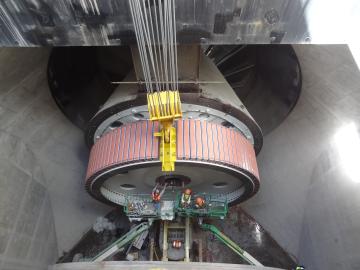
A new Department of Energy report produced by Oak Ridge National Laboratory identifies several supply chain must-haves in maintaining the pivotal role hydropower will play in decarbonizing the nation’s grid.

Tackling the climate crisis and achieving an equitable clean energy future are among the biggest challenges of our time.

When Andrew Sutton arrived at ORNL in late 2020, he knew the move would be significant in more ways than just a change in location.
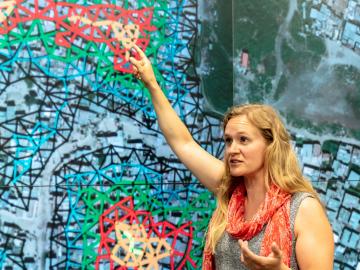
Unequal access to modern infrastructure is a feature of growing cities, according to a study published this week in the Proceedings of the National Academy of Sciences
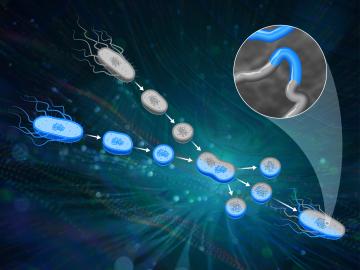
ORNL scientists had a problem mapping the genomes of bacteria to better understand the origins of their physical traits and improve their function for bioenergy production.
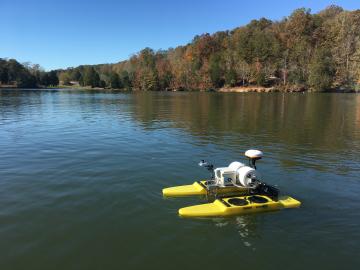
Measuring water quality throughout river networks with precision, speed and at lower cost than traditional methods is now possible with AquaBOT, an aquatic drone developed by Oak Ridge National Laboratory.
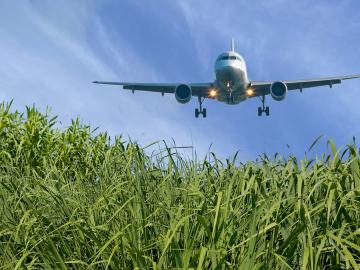
The rapid pace of global climate change has added urgency to developing technologies that reduce the carbon footprint of transportation technologies, especially in sectors that are difficult to electrify.


